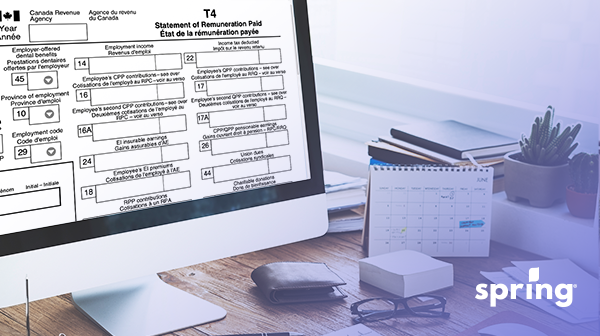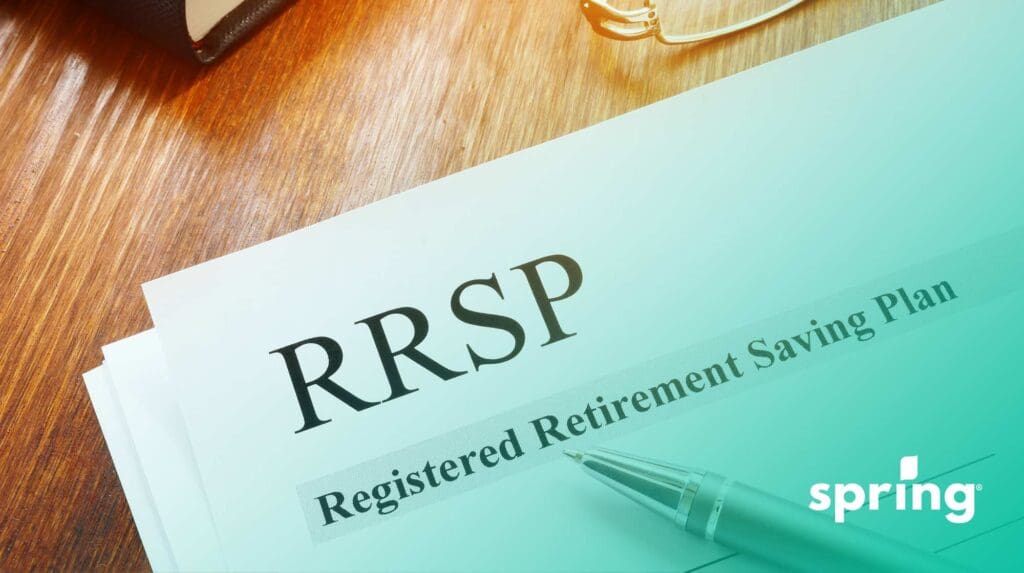When it comes to purchasing and leasing vehicles as a business owner, there are plenty of negatives and positives to each. For some, leasing is the best option, whereas purchasing can make more sense for others. Let’s look and see how leasing works and could work for your business.
Requirements for Leasing a Business Vehicle
In order to lease a vehicle for your business, there are a few things you need to have on hand. You’re going to need:
- Documents that identify your business
- Proof of business income
- Documents showing how long your business has been running
Car manufacturers will also run a credit check on either you or your business, depending on how it’s run. This won’t be all you need, though. All dealerships have certain criteria they require in order to allow approval. These criteria will vary depending on the dealership, but the general document requirements will apply.
Should You Lease or Purchase?
When it comes to deciding if you’re going to lease or purchase for your business, you should consider all of the factors. Both Leasing and Purchasing have positives and negatives to consider.
Leasing
Leasing a vehicle for your business can be very cost-effective. That said, there are stipulations that you’ll have to follow with the leasing company to keep your payments low. These stipulations include:
- Mileage limits
- Mandatory maintenance
- Upfront costs
- End-of-term requirements
When you lease a vehicle, only a certain amount of kilometres are allotted throughout your lease period. If you go over the kilometres, then you’ll be charged for them. You’ll also have fees to pay at the end of the lease term if you don’t take care of any excessive wear and tear.
The upfront costs required on your lease to keep your monthly payments small are:
- Down payment
- Security deposit
- Taxes
- Fees
- Acquisition fee
When the time comes for your leasing contract to end, you can choose to end the lease and get a new vehicle, or you can purchase the vehicle you leased. When the lease on the vehicle ends, the dealership will likely be selling it anyway, so if you’d like to purchase it, this is a good time to consider it.
Purchasing
Purchasing vehicles for your business might be slightly more expensive, but you have fewer restrictions. Instead of the dealership owning the vehicle, you or your business own the vehicle. The only way that you’ll lose the vehicle is if you default on the payments and the bank seizes it.
While it’s still in your best interest to keep up the maintenance on your vehicle, you won’t be charged if it isn’t 100% what the dealership expects. This will lead to fewer maintenance costs. Plus, when using vehicles for your business, it’s easy to exceed kilometre limits. If you own it, you don’t have to worry about that.
There are fewer upfront costs when purchasing a vehicle. They include only the down payment and any provincial or territorial taxes. The cost of a down payment usually ranges from 10% to 20% of the purchase price.
The interest rate is generally fairly low on new vehicles, and often, you can pay off your car loan early as long as there aren’t any prepayment penalties associated with the loan. Even if you don’t pay the loan off early, the size of the payments all depends on how long your loan is. The shorter the loan, the higher the payments, and so on.
Purchasing a Car with a Corporation
When you’re looking into acquiring vehicles for your business, you can either make a vehicle purchase personally or under a corporation. With either option, you can claim the vehicle expenses and deductions on your taxes.
If you purchase with a corporation, though, the company is liable for the vehicle and is responsible for making the payments. If you’re driving the vehicle personally, it makes no difference. If you’re purchasing multiple vehicles for your business, buying with the corporation will be more beneficial.
Leasing with a Corporation
Whether you lease your personal vehicle personally or through a corporation will depend on whether or not you use the vehicle for business; the tax breaks will be similar. The only difference will be if you purchase multiple vehicles.
In a case like that, the company will be liable for those vehicles instead of you personally. Plus, if the vehicles are being used primarily for business purposes, you can write off all motor vehicle expenses to your business. You can also upgrade more often than you would if you were purchasing.
No matter where you live in Canada, the benefits of leasing will be the same. The only difference will be any provincial or territorial taxes. Other than that, there isn’t any difference.
The one thing you need to consider before you lease a car through your business is what kind of lease you’re going to get.
Open-Ended Lease
An open-ended lease is ideal because it has no mileage restrictions. The reason for this is that you’re responsible for the vehicle’s depreciation value. This means at the end of the lease, you’ll have to pay the remaining value of the vehicle, also known as the residual value.
This is different from the actual resale value. The residual value is predetermined, and the actual resale value varies depending on the market. An open-ended lease allows you to use the vehicle however you choose.
Close-Ended Lease
A close-ended lease is a traditional lease agreement. With this type of lease, your business will have restrictions, including:
- Mileage limits
- Fixed terms
- Fixed monthly payments
If you want to close the lease contract early, there will be a fee associated with that. You will also have to pay at the end of the lease if you go over the mileage allotted for the vehicle. However, you aren’t responsible for the residual value of the vehicle like you would be with an open-ended lease.
This type of lease is ideal for a business if you don’t heavily rely on your vehicle for your business. It can be cheaper than an open-ended lease, so it may be the way to go.
No Credit Check Leases
While you aren’t likely to be able to lease a vehicle without a credit check, there actually is no minimum credit score limit to purchase a vehicle. Even with bad credit, it’s very likely that you’ll be able to lease a vehicle.
Leasing With Bad Credit
This may seem strange, but vehicle leases and purchases are some of the easiest forms of credit to get. This is because vehicle loans are secured loans. The lender can seize the vehicle at any time if you don’t make your payments.
This provides less risk for them, allowing them to be much more flexible with their approval process. Generally speaking, though, it’s not a guaranteed approval. The lender still needs to verify that you’re able to afford the payments. It’s also likely that your interest rate will be higher if you have bad credit.
Tax Deductions of Purchasing and Leasing for Your Business
Leasing isn’t the only option that offers tax benefits to your business. There are also tax benefits when you purchase a vehicle for your business. When it comes to taxable benefits regarding your business, you can get a deduction on almost all operating expenses. The total taxable benefits vary depending on whether you purchase or lease; you’ll still receive tax deductions.
Leasing
When you’re leasing a vehicle, you’re only able to claim a certain portion of your payments on your taxes. You’re only allowed to deduct the percentage of a vehicle that’s for business use, and you can only claim up to $800 per month plus taxes per vehicle. This allows you to deduct a total amount of $9,600 for yearly lease payments.
One thing you have to remember is that the Canada Revenue Agency has rules to limit the depreciation of luxury vehicles. While the term luxury vehicle is broad, the CRA refers to a luxury vehicle as one that costs at least $30,000 before taxes. While these rules reflect purchasing more, they also reflect leased vehicles.
Because of this, from a tax standpoint, the higher the cost of a leased car, the more beneficial it will be to you. It’s still important to consider the long-term mileage and fuel expenses as well as the operating cost benefit of lease costs compared to purchasing before you make any decisions.
Purchasing
When you purchase company vehicles, you can deduct the interest paid on the vehicles as well as the car depreciation value. This is referred to as the Capital Cost Allowance. You can’t claim the CCA with leasing since you don’t own it; the car manufacturer does.
When you’re claiming the CCA on your income taxes, from a tax perspective, what you can claim depends on the company vehicles you have purchased.
- Class 10: Class 10 vehicles are passenger vehicles that usually cost under $30,000 before taxes
- Class 10.1: These vehicles aren’t considered passenger vehicles (can be commercial vehicles) and normally cost over $30,000 after taxes
- Class 16: This class is reserved for trucks
- Class 54: This is for zero-emission passenger vehicles (also known as electric vehicles)
- Class 55: Zero-emission vehicles that could be class 16 (trucks)
No matter which of these classes you claim though, you’re only allowed to claim a certain amount of depreciation per year for each vehicle. The interest you claim is extra and not included as part of the depreciation. You can also claim other vehicle-related expenses such as registration fees, parking fees, and anything else vehicle-related.
Benefits of Leasing Under a Business Name
As we mentioned above, when you’re leasing a corporate vehicle, you can do so under your own name or your business name. That said, there are some benefits to leasing through your business instead of yourself.
The main reason is that you aren’t personally liable for the company vehicle; your company is. This also means that you could be eligible for more through your company than you would be through your business. Why is this?
Well, it’s because the approval is based on your company’s cash flow, which will differ from your personal income and expenses. This is especially true if you’re leasing for more than just yourself.
Overall Benefits of Leasing Vehicles for Your Business
When you’re leasing vehicles for your business, there are some overall benefits to purchasing.
- Easier to Track Mileage and Fuel Expenses: Many leasing companies track your vehicle usage by keeping track of your mileage. Especially if you have a close-ended car lease, this means you don’t need to come up with a way to do this for yourself.
- Lower Monthly Payments: Monthly lease payments are lower than traditional car payments unless you pay cash for the vehicle. They don’t have power upfront costs, though.
- Frequent Upgrades: Because you can opt for a new lease when your current lease ends, you can constantly upgrade your vehicles. If you purchased, you’d have to sell, which can be difficult to recoup costs due to depreciation.
- Tax Deductions: You can deduct the business portion of your payments from your company taxes. You can also deduct your fuel and mileage expenses.
Final Thoughts
As a business owner, you have plenty of options when it comes to obtaining vehicles for your business. Whether you just need one company car or a bunch, you have the choice of purchasing with cash, financing purchases or car leasing. Before you decide which option is best, it’s important to consider what you’re using the vehicle for, who’s operating the vehicle, and how long you need the vehicle.
When it comes to who owns the vehicle, you have the choice of buying personally or through your business. If you purchase the vehicle through your business, your business is liable for the vehicle. When you’re purchasing or leasing many vehicles, it should be done through the business since it’s a business expense. No matter what you choose to do, though, there are tax benefits to every option.









